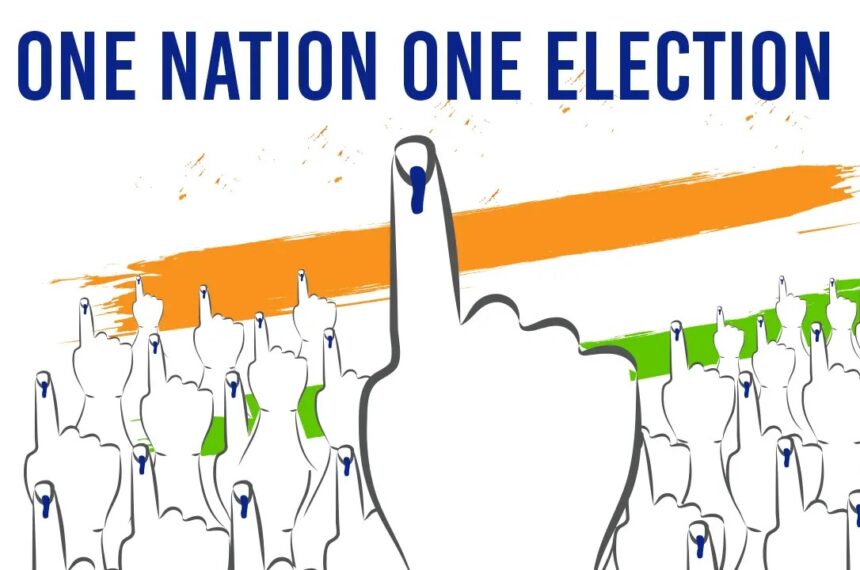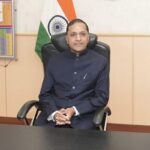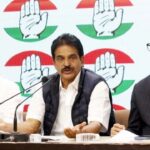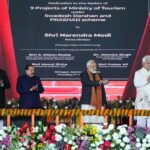Mamata Banerjee Skips Key Meet on "One Nation One Election," Sends Delegation Instead
One Nation One Election Meet, Delhi, February 6th, 2024 : A high-level committee formed by the central government to explore the feasibility of “One Nation One Election” met with a delegation from West Bengal’s ruling Trinamool Congress (TMC) today. However, the meeting was marked by the absence of Chief Minister Mamata Banerjee, who cited preparations for the upcoming state budget session as the reason for her cancellation.
The TMC delegation comprised party MPs Sudip Bandopadhyay and Kalyan Banerjee. In a statement released yesterday, CM Banerjee explained her decision, stating, “I have canceled my trip to Delhi due to an emergency… I am sending Sudip Bandyopadhyay and Kalyan Banerjee on behalf of my party.“
Lorem ipsum dolor sit amet, consectetur adipiscing elit. Ut elit tellus, luctus nec ullamcorper mattis, pulvinar dapibus leo.
#WATCH | Delhi: On 'One Nation, One Election', TMC leader Kalyan Banerjee says, "Today we appeared before the committee headed by our ex-president... We oppose this idea of 'One Nation, One Election'. There is a hidden agenda to form a dictatorship government, a presidential form… pic.twitter.com/6FvEKeIrfL
— ANI (@ANI) February 6, 2024
Dissent Over "One Nation One Election"
Notably, CM Banerjee has been a vocal critic of the “One Nation One Election” concept. In a letter to the committee, she questioned the constitutional basis of the proposal, stating, “Does the Indian Constitution follow the concept of ‘One Nation, One Government? I am afraid it does not… Our Constitution conceives of the Indian nation in a federal manner.“
One Nation One Election : Seeking Consensus
The central government, under former president Ram Nath Kovind, formed the committee to gather feedback from all major political parties on the potential return to synchronized elections across the country. The practice existed until 1967 but was discontinued due to various factors.
What Does This Mean? CM Banerjee’s absence and her continued opposition to “One Nation One Election” add another layer of complexity to the already contentious debate. The committee’s recommendations, expected later this year, will be closely watched to see if a consensus can be reached on this potentially transformative electoral reform.







